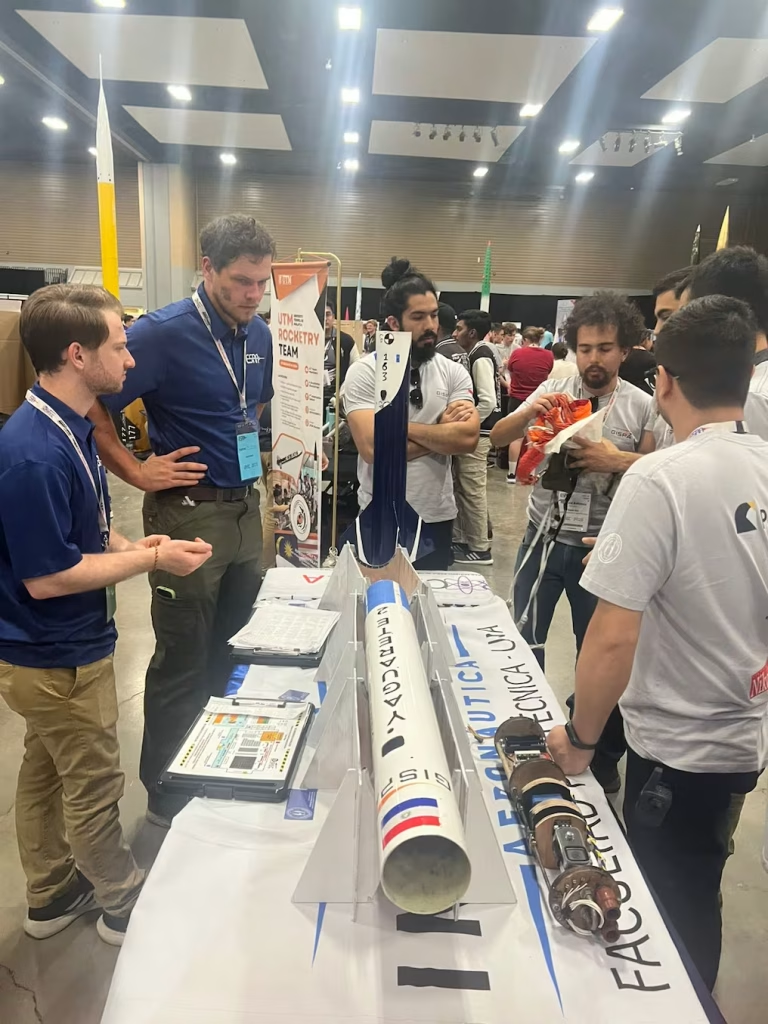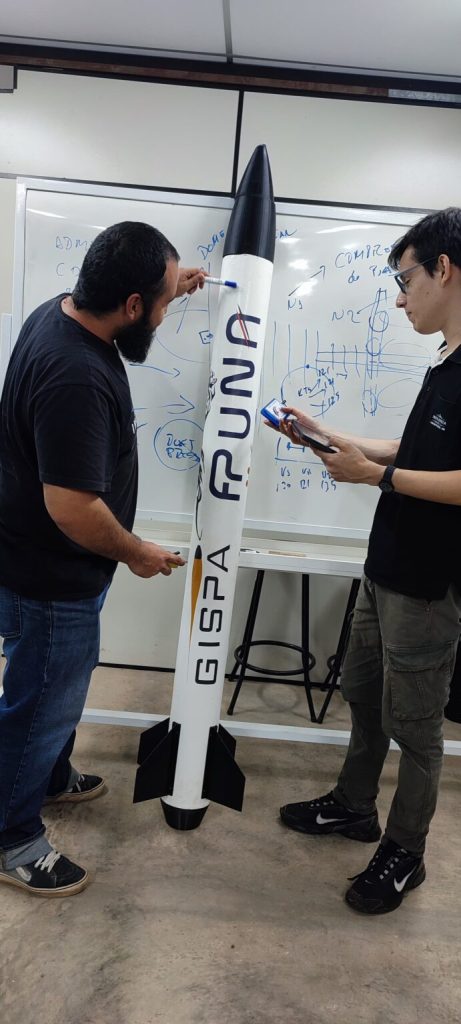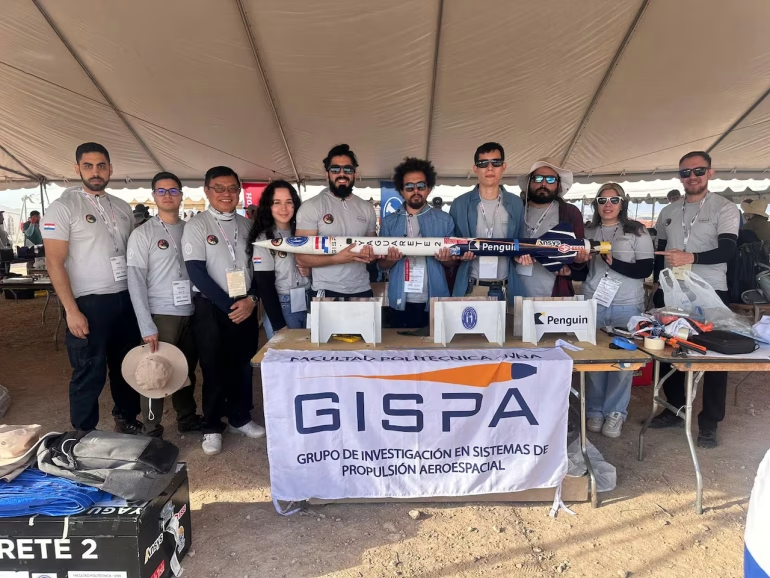In a landmark achievement for Paraguayan science, the GISPA student team from UNA’s Polytechnic Faculty became the first in the nation’s history to break the sound barrier at the International Rocket Engineering Competition (IREC 2025) in Midland, Texas. Their rocket, Yaguareté 2, reached Mach 1.07 and 11,907 ft (3.6 km), signalling a breakthrough in Paraguay’s aerospace aspirations.
Context and momentum
GISPA’s foundation in July 2024 marked a turning point. The group set out to develop both APCP rocket engines (Yaguareté 1) and hydrogen-powered drones, showing ambition beyond a single competition win. Their broader mission aligns with Paraguay’s recent achievements, including the GuaraniSat‑two nanosatellite, which saw Paraguayan teams working with NASA, JPL, and Japan partners.
More than just breaking the sound barrier
The four-minute ascent demonstrated not only speed, but also sophistication. Yaguareté 2 transmitted real-time telemetry, including pressure, temperature, acceleration, and positional data, critical for post-flight analysis. Using an APCP solid-propellant engine, the rocket showcased advanced systems integration purely driven by student ingenuity and technical skill.
These measurements will feed into the design of Yaguareté 3. A planned two-stage successor aimed at higher altitudes and more complex data collection. It is not simply about surpassing the sound barrier, it is a leap toward sustained aerospace development.
Making history on the world stage
Paraguay’s debut among more than 150 teams in the IREC’s COTS 10,000 ft category was historic. The GISPA team included Kevin Lezcano, Marcos Garay, Marcelo Galeano, Hugo Colmán, Sol Fariña, Sebastián Solís, Esteban Vallejos, and Brenda Cantero. Together with professors Félix Kanazawa and Adolfo Jara, the team advanced to the finals, placing among the top 163 entries.
Professor Kanazawa emphasised the significance: “It is a dream come true to show Paraguay’s capabilities on such a stage,” he said, highlighting that while Paraguayan teams often work with limited resources, their determination and clear organisation overtook those constraints.


A launchpad for Paraguay’s future
Breaking the sound barrier is just the beginning. This achievement demonstrates Paraguay’s ability to plan and execute complex aerospace projects. Post-launch, the team has already begun analysing telemetry to refine Yaguareté 3, targeting a two-stage rocket capable of higher performance and more sophisticated data collection.
The success is pushing Paraguay’s STEM education forward. The Polytechnic Faculty is now exploring the launch of an aerospace engineering stream, and students from other institutions are keen to engage, seeking mentorship from the GISPA team.
What comes next
Post-IREC, the GISPA team will focus on creating a two-stage Yaguareté 3, deepen partnerships with industry sponsors, and seek structured funding for continued growth. Meanwhile, the Polytechnic Faculty is formalising an aerospace engineering specialisation, and national interest is growing in space technologies.


